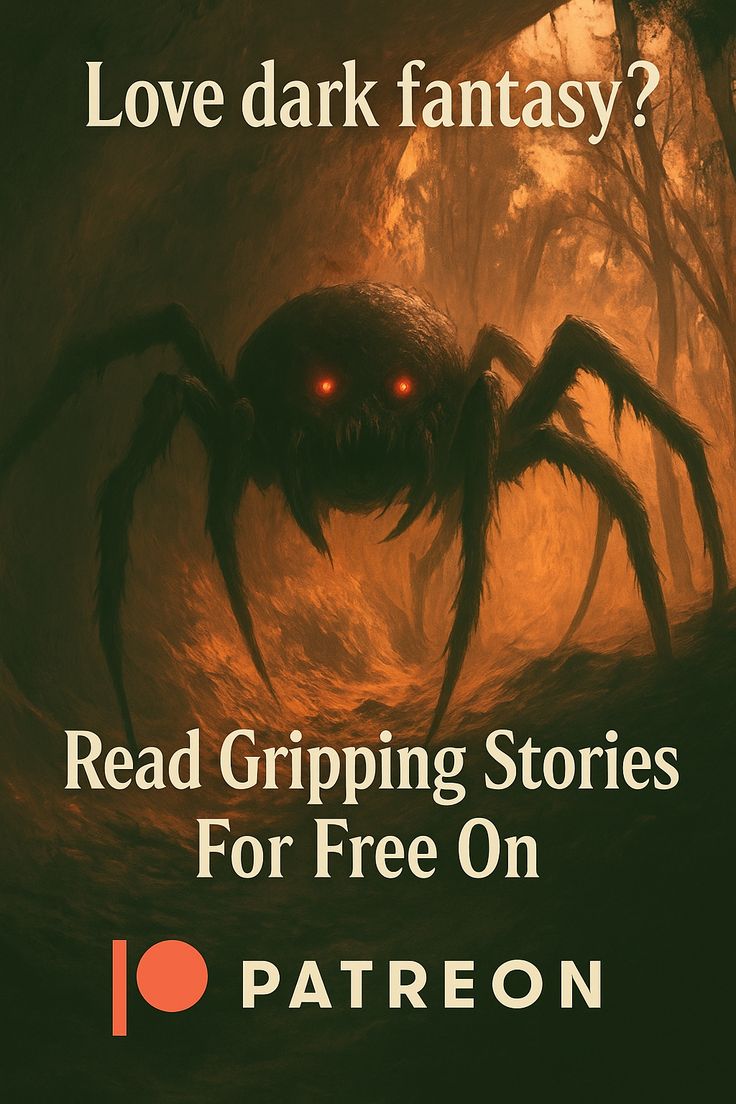When you’re worldbuilding, whether it’s for fantasy, sci-fi, or another type of fiction novel, culture is an inevitability in that world’s setting. Why? Because culture influences so much of our behaviors, beliefs, traditions, and societal expectations.
Culture is abundant, diverse, incredibly complex and nuanced. You want to create a compelling, believable fictional world, and defining your world’s cultures can help with that. In this guide, we’ll take a look at the relationship between worldbuilding and culture. We’ll explore how to develop cultural strands in your fantasy world and explore some key considerations.
You can jump to the sections that interest you most by clicking below:
Choose A Chapter
- What Is Culture?
- Worldbuilding And Culture
- Worldbuilding And Cultures Found On Earth
- Learn More About Worldbuilding And Culture
What Is Culture?
When you think of “culture,” you might think about things like holidays and traditions. While this is definitely part of a society’s culture, it’s only a small part of the picture.
Culture encompasses many things, ranging from politics, laws and the foods people eat to philosophies, music and fashion.
Each element plays an important role in defining the overall culture of a group of people, its values, and what members of that culture expect from one another. Culture is the collective, the hivemind, the culmination of beliefs and expression of the human (or elf, dwarf, whichever you include) experience.
Worldbuilding And Culture
So we know that cultures can give life to a world. Let’s look at its relationship with worldbuilding.
There are some elements of culture that can really solidify your writing and make the characters’ experiences more interesting. Since external conflict often drives the internal conflicts of your characters, you can have culture play a unique role in inspiring different conflicts. For example, you may have a very religious world and a character who rejects those customs and traditions.
Here are some common elements of culture to consider when you’re worldbuilding.
Language and communication
Language and the other ways people communicate are inseparable from cul

ture. The way we communicate can drive cultural trends and traditions, as well as things like morals and entertainment.
Imagine if humans never developed written languages. We wouldn’t have literature, our learning systems would be entirely different, our jobs would be different, and arguably our entire society would have been built differently to accommodate some other form of communication.
When you’re worldbuilding, you don’t have to go down the rabbit hole like Tolkien, who started by writing an entire language. In fact, using language in your world building can be far more subtle and still be interesting.
You can choose to follow an approach closer to other authors, like Brandon Sanderson, where some phrases are written in a different language. You can include idioms, which are often culture or country-specific, to show subtle differences. Think about how different ethnicities within a race might have evolved different language patterns or communication methods based on education systems, geographic location, contact with other cultures, conquest, or migration.
Worldbuilding and culture – traditions and belief systems
Traditions are another core component of a compelling culture. Think about traditions you keep in your own culture. For example, some cultures eat specific foods or celebrate specific holidays, like turkey at Christmas time or not eating meat on certain Christian holidays.
Many cultures have their own belief systems, typically driven by some form of spirituality or religion. Religion, specifically, has had a major impact on human history and culture.
Religion
Think about the cultures that revolve around religion in reality and consider how religion works in your fantasy world. Maybe there are certain traditions that cultures observe in regard to their deities. Consider the morals that bind the people to a collective idea of right and wrong. You might flip things away from “traditional” morals to keep it interesting.
For example, maybe murder is legal in your fictional culture, under certain circumstances. Or, maybe worship is required of everyone, and there’s an ecclesiastical order that enforces worship hours.
Think about the traditions your cultures follow and what breaking those can mean. Is a culture’s religion the glue that holds society together? What does one culture’s religion think of others? Is there tolerance, or a series of holy wars to dominate other cultures and their religious beliefs? Think about the tension during the Crusades between the worlds of Christendom and Islam.
Click Here To Learn More About Worldbuilding And Religion
Geography
Geography is one of the most impactful elements of culture and history and even things like religion.
Geographical location can isolate a culture or expose them to others. An isolated culture separated by a mountain range might develop its own systems, including government, religion, and societal expectations, completely free of outside influence. What might it be like for an outsider coming into one of this culture’s cities? Think about real-world instances of explorers discovering unknown tribes in the Amazon jungle.
To help understand the impact geography may have on your world, it may help to draw a map showing the physical settings, like mountains and rivers. Click the link below to learn more.
Click Here To Learn How To Create A Fantasy Map
Race and ethnicity
Race and ethnicity ultimately play an important role in worldbuilding too, since your world is likely to have its own races and species.
It’s important to understand that race is the division of people (or fantasy races) into groups based on physical characteristics. Examples include elves, dwarves, orcs, trolls, ogres, demons, humans and more specific types, like hobbits and ents.
For example, elves are typically depicted with pointy ears, but their ethnicity can be different. Elves might be divided into subcategories, like dark elves, wood elves, high elves, and wandering elves. Ethnicity is the cultural subset of each race.
Consider what kind of races you want to include in your own worldbuilding, then consider what ethnicities might exist within those races. You can make the tiniest nuances really stand out with an attention to detail that your readers may love.
You can describe differences in fashion, work, morals, or even something as simple as body language. One ethnicity might use different body language that another interprets as threatening. Or, you can have different foods that have a different level of importance at meals for each ethnic minority.
Click Here To Learn More About Elves In Fantasy
Political systems
When it comes to fantasy, you typically see one of two political systems: either it’s a monarchy with a king, queen, emperor, or some other single ruler.
Or you may have more of a democracy, like a council, a small group of people, or something similar. Political systems are typically shaped by a number of factors, including culture. Political systems can also influence cultures via laws, restrictions, and actions.
For example, if you have a monarch character in your story, they can influence local or national culture by suppressing some cultures with bans on clothes, holidays or traditions, or other elements. In England during the Middle Ages, for example, peasants were banned by law from wearing certain colors or styles of clothes.
Looking at examples from history can really help inspire your worldbuilding and culture.
Morals
Consider also the morals that are prevalent in your society. Do the cultures that exist within your world share a moral compass, or do they point in other directions? Politics and laws can also influence and be influenced by a culture’s moral compass, especially if the ruler observes specific cultural practices or if the people have some say in the government of their society.
If you look at the USA’s two-party system, for example, you can see extreme belief systems that focus on core morals, but largely pull in different directions, causing a split amongst peoples and ethnicities.
Magic, technology, and science
Since we’re writing fantasy, we can’t forget about the role of magic in worldbuilding culture. Magic is usually a prime element in fantasy, and some writers are great at incorporating it into their world’s various cultures. You can do this in a few ways:
- Use different systems for different cultures
- Have different magic initiation processes for each culture or society
- Show nuances in how each culture practices or respects magic
- Have different cultures use magic in society differently, whether for improvement or war or something else
You can also make it very clear what role magic plays in society by connecting it with technology and science, which largely drive progress. For example, if you’ve ever read The Powder Mage Trilogy by Brian McClellan, you’ll see that he’s mixed magic and technology in making gunpowder, a technology that changed our world forever, and something that serves as a magical resource for certain people in his story.
Think about how your cultures use magic to advance society. Do they use it to make everyday tasks easier, or is it strictly for self-defense and war? Does your magic system have specific cultural impacts that might restrict the growth of technology and science? What jobs could magic create?
Worldbuilding And Culture Found On Earth
When we talk about culture in fantasy, we sometimes hear the question of whether it’s okay to pull elements from Earth’s cultures for our own writing.
In reality, it’s nearly impossible to consider worldbuilding and culture without looking at our own world. After all, we build from what we know, and there are hundreds of thousands of individual cultures around the world you can use for reference. Ultimately, it’s about respecting what you’re building and what you’re pulling from and staying away from harmful stereotypes. Overall, I think culture is absolutely critical to a believable and immersive worldbuilding experience, and something for me personally that really helps immerse me in a story.
Thanks for reading. I hope you found this content useful
About The Author, Matthew Davenport
My story as a writer started when I was young. I remember writing my first “book,” which I still have, in the 4th grade for a school project. It was called, “The Samurai’s Revenge.” I knew nothing about samurai in the 4th grade, and even less about writing about samurai or anything else, for that matter. What I did know was that I loved the process of creating a story and turning it into a book.
My teacher helped us bind the books with glue, cardboard, and cloth, and that book sits on my shelf to this day as a reminder of where it all started. From those small roots grew the foundations of a love for literature and written prose, which I would make my career later on as a copywriter and editor. I write everything from fantasy to sci-fi to westerns to short stories, and I’m a professional copywriter and editor as my day job. I have three children and a beautiful partner and a little tiny dog who takes up far more space than her little frame should allow. Oh, and I’m from Ohio…for what that’s worth.
If you enjoyed this article, you can follow my work on my website, where I talk about writing, worldbuilding, publishing, and all things related to our craft.
Learn More About Worldbuilding And Culture
Thanks for reading this guide to worldbuilding culture. If you’d like to read more on this topic, you can find a bunch of guides below:
- A collection of worldbuilding resources
- Learn more about the role of worldbuilding in writing here
- How much worldbuilding should you do before you start writing?
- Worldbuilding 101 On Culture
- Race and ethnicity study guide
- The Language of Conflict: Using Formal and Legal Tone in Fantasy Writing - February 2, 2026
- Abby Jimenez Books In Order – A Guide To Her Romantic Universe - June 7, 2025
- Words Beginning With X – All Lengths And Their Meaning - January 31, 2025







